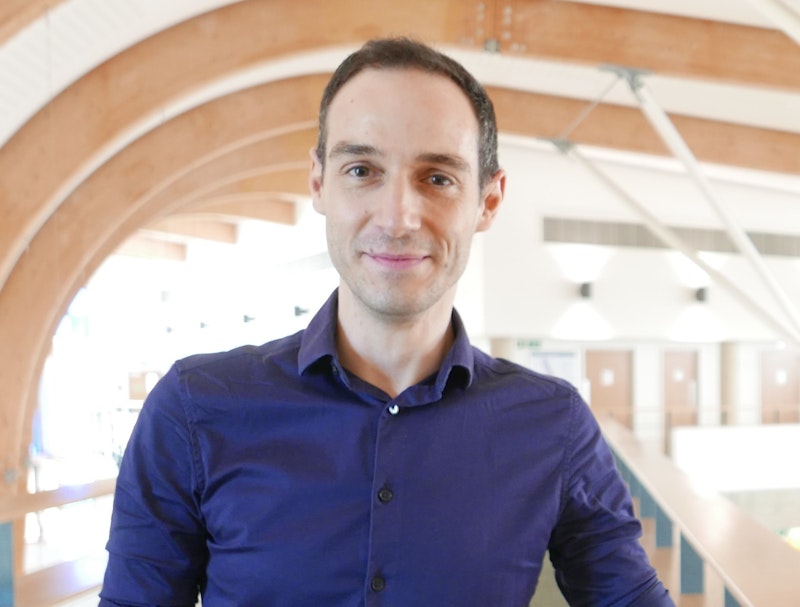Civic Societies and the Planning Process
Dr Christopher Maidment and Professor Angelique Chettiparamb from the Department of Real Estate and Planning have produced a report exploring the role of local civic societies in the English planning system.

A series of reports which aim to better understand the role that civic societies play in the English planning system have been published by academics from Henley Business School's Real Estate and Planning department.
The reports, titled Civic Societies and the Planning Process, draw on data collected through a survey questionnaire sent to all Civic Voice member societies. Initial preparation of the survey was undertaken by a student, as part of the University’s Undergraduate Research Opportunities Programme.
It is well known that civic societies play a significant role in place leadership by holding the planning system to account through their local knowledge, local pride and community links and community mobilisation. From early on, architects and planners were active members of civic societies, whilst civic societies themselves were deeply involved in a range of place-making activities. Civic societies have a long history as both stewards and leaders when it comes to place-making. However, this report is the first extensive survey of how civic societies perceive their role in planning processes under the restructured planning system introduced by the 2011 Localism Act.
Consequently, this report seeks to understand how civic societies in England currently work with the planning system. Our overall research questions are:
- To what extent do civic societies engage with place stewardship and place leadership and how?
- What challenges and opportunities do they currently encounter in fulfilling the above roles?
The survey was administered by Civic Voice to all 232 of their members and asked societies 24 questions in total. The survey was opened for responses on 15 September 2021 and closed on 15 December 2021. At this point 58 responses had been received. The survey has generated a substantial volume of both quantitative and qualitative data that will give useful insights into how civic societies engage with the English planning system.
The first report, Part A, presents the results to each of the questions and provides the descriptive pointers that emerge from this data. The second report, Part B, aims to deepen the analysis by cross-tabulating between the responses to different questions, to consider what might be driving how civic societies engage in the planning system. The individual section summaries conclude the overall pattern discernible in each section, recognising that these are based on civic societies’ own perceptions and reporting of their work. The overall conclusion chapter discusses the section summaries and implications for policy that emerge from these summaries.
The accompanying Policy Brief summarises how the work of civic societies can make a valuable contribution to the planning system’s capacity to effectively scrutinise individual proposals.




